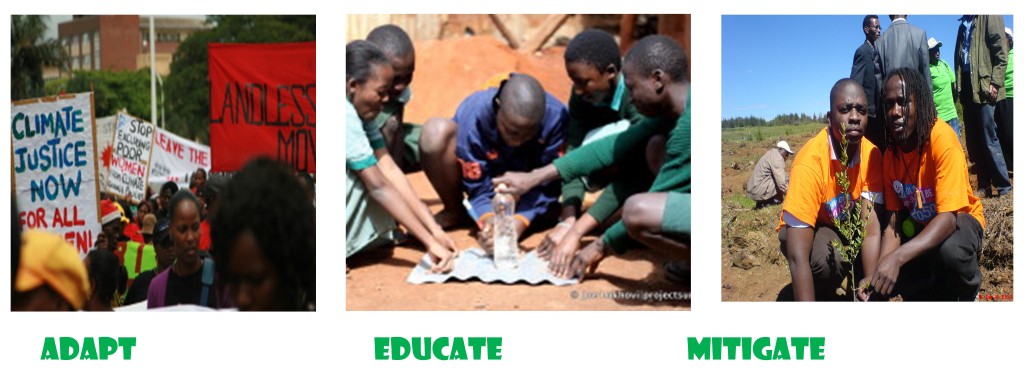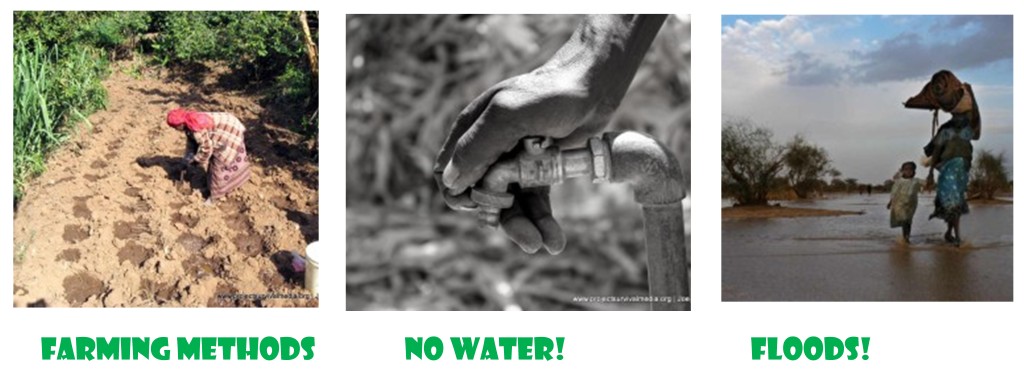Brief overview of the solution
Rationale
Global Power Shift
Global Power Shift (GPS) aims to be a catalyst for bolder, broader, deeper action and organizing in youth movements to confront the climate crisis and for social justice. We want a world safe from climate chaos where social justice and community ownership allow people to participate in the creation of future. Unfortunately the fossil fuel industry has the government and economic institutions in their pockets, which results in a continued focus on fossil fuels and limited investments in sustainable alternatives. Our activities will empower communities to speak truth to power, whether that be companies, the government or any other bodies.
